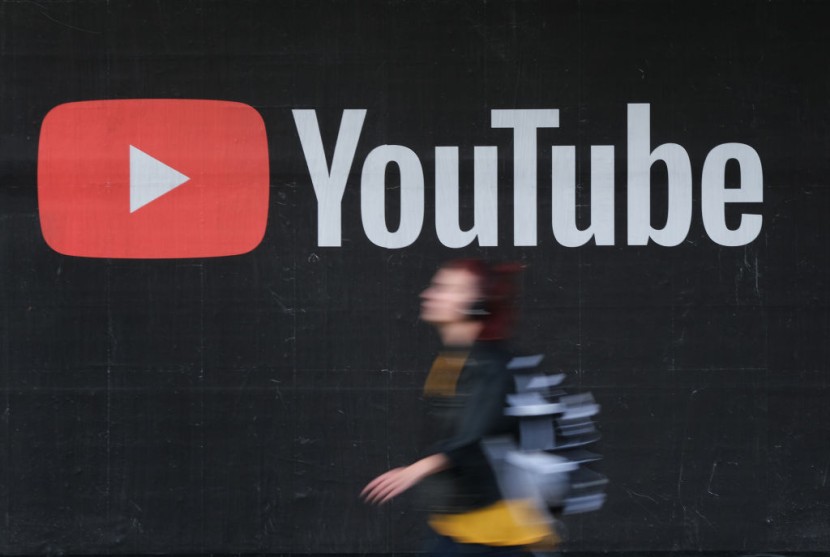YouTube is testing a more aggressive method of cracking down ad-blocker extensions or apps amongst its users.
The new experimental approach blocks the video player after users employ an ad-blocker for three strikes.
YouTube Tests New Ad Blocker Crackdown

As per a report by XDA Developers, YouTube prohibits users from using "ad blockers'' to ditch the advertisements on the video-sharing platform. And as such, the Google-owned service began experimenting with ways to detect when users are employing ad-blocker software.
In its test, YouTube started showing pop-ups, encouraging users to allow ads on the platform. The video service promotes its YouTube Premium subscription service for an ad-free experience.
Despite the pop-up message, users could still ignore and continue watching videos with ad-blocked enabled without any trouble. A YouTube Premium subscription, which removes ads altogether, among other exclusive features, costs roughly $12 monthly.
The video service confirmed last May that it is testing a new ad-blocker detection feature on the platform. The experiment is only available to a select number of users. But this time, as Android Police reports, YouTube is testing a more aggressive stance to crack down on ad blockers.
Video Player Blocked After Three Strikes?

Under the new policy, users detected using an ad blocker will see a warning message. If they continue to use the ad blocker, the platform will prevent them from watching videos after three strikes.
The new ad-blocker crackdown warns users that "video player will be blocked after 3 videos." The pop-up gives visitors two options: "Allow YouTube Ads" or "Try YouTube Premium."
As of this writing, Google has yet to confirm the new aggressive stance. However, some users have spotted and shared the ad-blocker pop-up on social media sites like Reddit.
For the uninitiated, ad blockers are software programs that block ads on websites and in apps. They are popular among users who find ads intrusive or annoying, enabling them to enjoy a more seamless viewing experience. However, it is worth noting that ad blockers can also hurt businesses that rely on advertising revenue.
Platforms, such as YouTube, heavily rely on ads for their earnings. The Google-owned service tells users that "ads allow YouTube to stay free for billions of users worldwide."
It remains to be seen how users will receive YouTube's new policy. Some users may be willing to turn off their ad blockers to continue watching videos. Others might switch to other video-sharing platforms that do not block ad blockers or find ways to continue doing so.
Related Article : YouTube 1080p Premium Option Arrives to Some Android, Google TV Devices: Here's What's New!
© 2026 HNGN, All rights reserved. Do not reproduce without permission.








